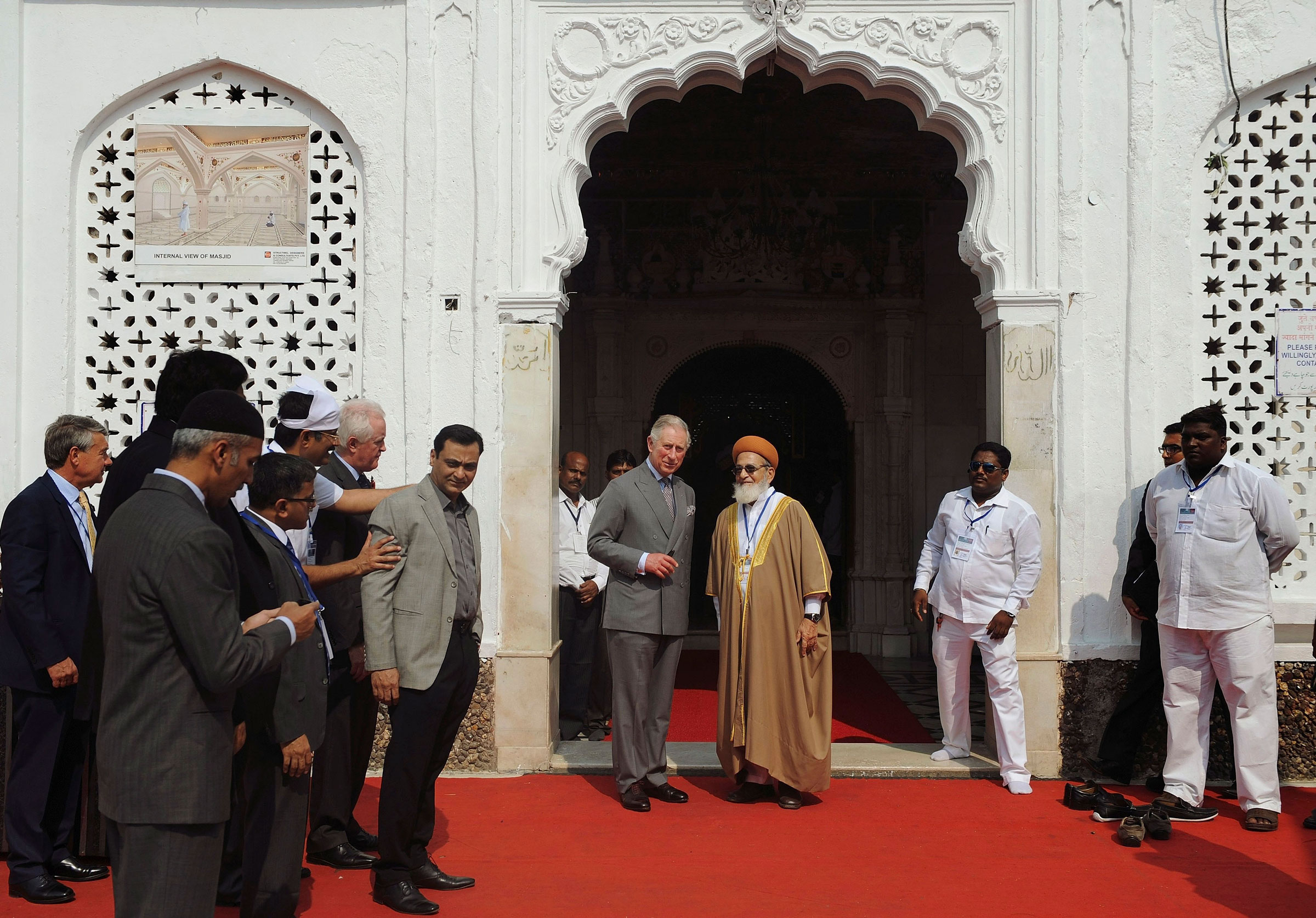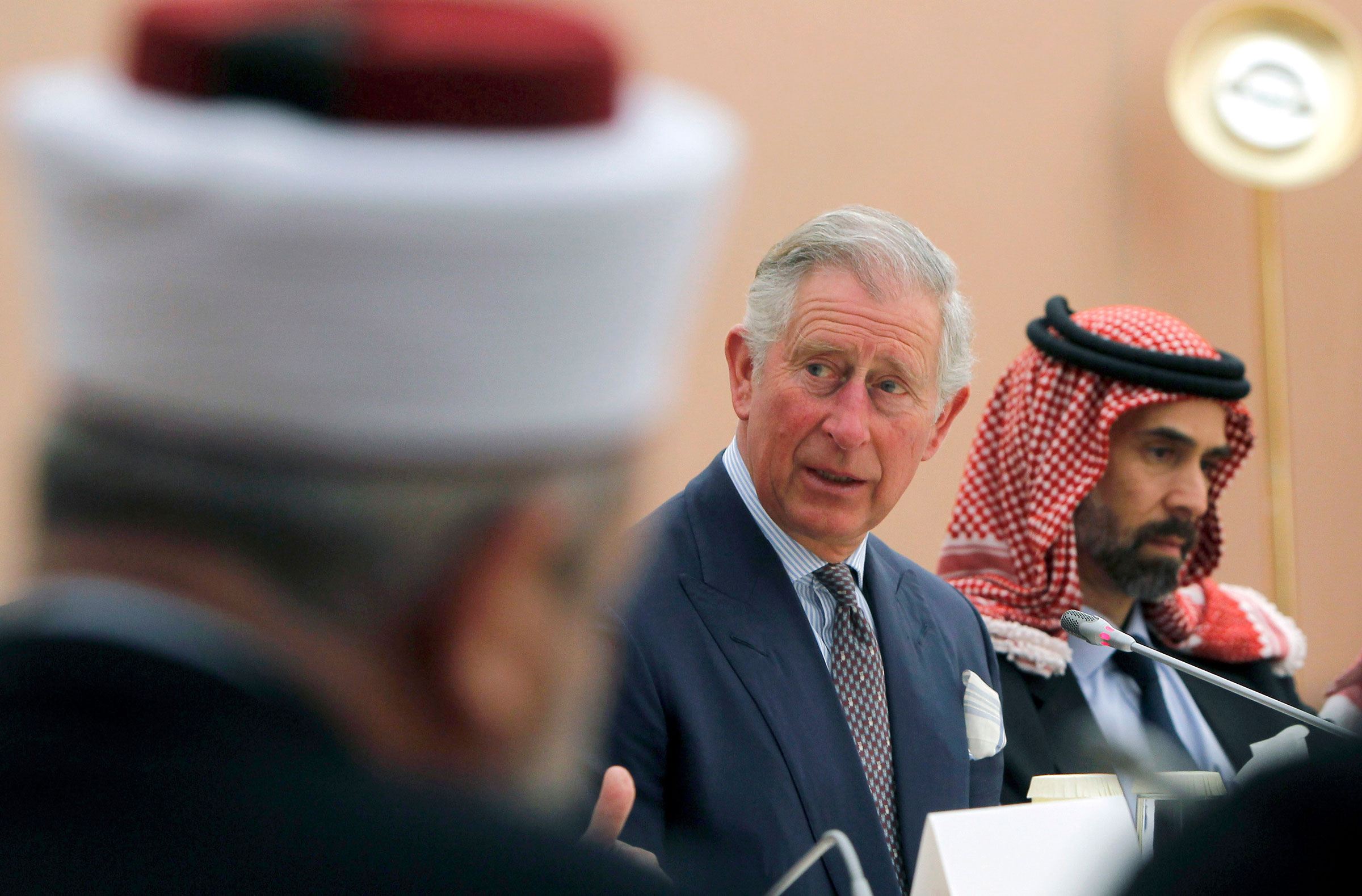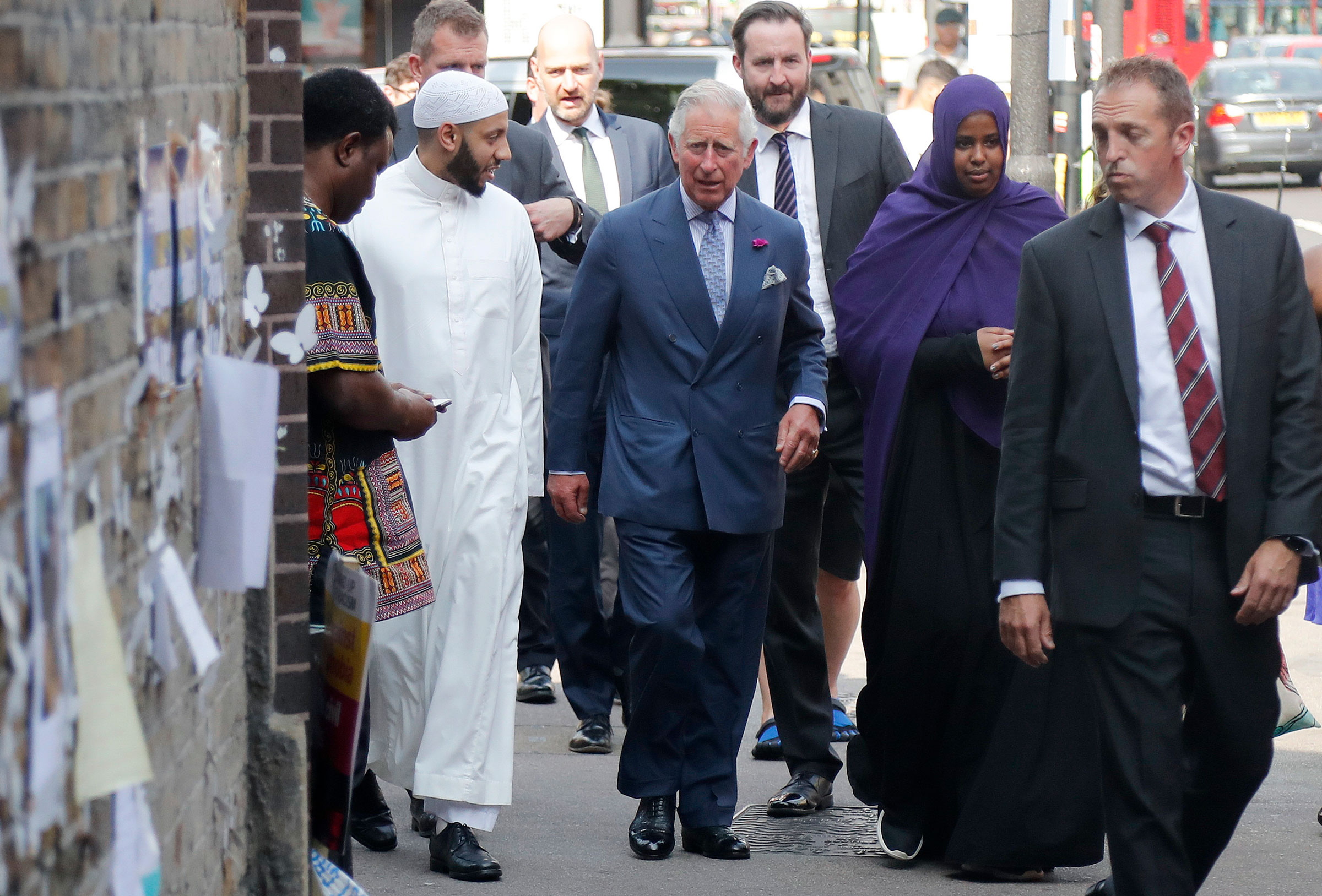
As King Charles III assumes the British throne, the focus for many will be on the political symbolism that the monarch holds, lacking as he is in executive power. But the sovereign also holds another title: “Defender of the Faith and Supreme Governor of the Church of England.” How the King interprets the responsibilities that go along with that religious role may surprise some—particularly when it comes to Islam.
Almost 30 years ago, then-Prince Charles declared that he wanted to be a “defender of faith,” rather than simply “Defender of the Faith,” to reflect Britain’s growing religious diversity. It created a bit of a storm in a teacup, as he had clearly not meant that he would be changing the traditional role so much as adding to it. The new King is a particular type of Anglican: one that on the one hand, is incredibly tied to the notion of tradition; but on the other, has shown a great deal of affinity for both Eastern Orthodox Christianity and Islam, two religions clearly outside the Anglican fold that he must now titularly lead.
When it comes to tradition, the King has over the years repeatedly mentioned Rene Guenon, who inspired several different (if often contradictory) movements critical of modernity’s excesses, seeking to rediscover metaphysics in a secular age. While Guenon was a French convert to Islam, much of his analysis was philosophically taken up by non-Muslims looking for an appraisal of modernity rooted in metaphysics and tradition; the new King is probably the most famous among them.
Beyond these esoteric matters, the King has been quite public about his admiration for Islam as a religion, and Muslim communities, both in Britain and abroad.

Although it’s not unusual that a tolerant monarch would be polite and respectful about all the faiths practiced in their country—one could argue that’s simply good politics— the new King has gone much further than that in an era of all-too-common Islamophobia. When it came to Muslim communities worldwide, he stated clearly at a famous speech in 1993, “For that which binds our two worlds together is so much more powerful than that which divides us. Muslims, Christians—and Jews—are all ‘peoples of the Book’.”
Privately, he’s shown a lot of sympathy for where Muslims are in difficult political situations, both in Europe and further afield. Robert Jobson’s recent Charles at Seventy claims that the King has significant sympathies for the Palestinians living under Israeli occupation, for example. It’s also claimed that he disagreed with dress restrictions imposed on Muslim women in various European countries.
What’s more, in 2007 he founded Mosaic, which provides mentoring programs for young Muslims across the U.K. He also became patron of the Oxford Centre for Islamic Studies, where he gave his most famous speech, “Islam and the West” in 1993. As prince he also praised the likes of Martin Lings, an English Muslim convert and expert on Shakespeare, for his work on Islam, writing a foreword to one of Lings’ books. His interest in British Muslim communities is quite evident.
That interest is also clear in his views about Muslim communities of the past, and their contributions to Western civilization. In that 1993 Oxonian speech, he noted, “Córdoba in the 10th century was by far the most civilised city of Europe,” referring to the Spanish city then under Muslim rule. “It is said that the 400,000 volumes in its ruler’s library amounted to more books than all the libraries of the rest of Europe put together… If there is much misunderstanding in the West about the nature of Islam, there is also much ignorance about the debt our own culture and civilization owed to the Islamic world.”

When Charles spoke at Egypt’s Al-Azhar—the leading university for Islamic learning— in 2006, he noted, “we in the West are in debt to the scholars of Islam, for it was thanks to them that during the Dark Ages in Europe the treasures of classical learning were kept alive.”
Much of this is unusual from public figures in British, European, and Western public life. But Charles is more atypical in one further way—his insistence that Islam, as a religion, has something to offer the West today. In one speech, he noted, “Islam can teach us today a way of understanding and living in the world which Christianity itself is the poorer for having lost. At the heart of Islam is its preservation of an integral view of the Universe.”
At a time when Islam and Muslims are so often vilified across the West, the new British monarch not only respects and empowers Muslim communities, he not only speaks politely and courteously about their religion, he also argues that the West needs Islam in the here and now. There does not seem to be a parallel in any other Western political figure.
Of course, what a prince might say, and what a King might be able to do, are two very different things. But as Britain gets used to its new sovereign, the world will also get used to a Western head of state who sees Islam in quite a different light than the waves of populism across Europe and North America. If nothing else, this will be interesting.
More Must-Reads from TIME
- Why Biden Dropped Out
- Ukraine’s Plan to Survive Trump
- The Rise of a New Kind of Parenting Guru
- The Chaos and Commotion of the RNC in Photos
- Why We All Have a Stake in Twisters’ Success
- 8 Eating Habits That Actually Improve Your Sleep
- Welcome to the Noah Lyles Olympics
- Get Our Paris Olympics Newsletter in Your Inbox
Contact us at letters@time.com